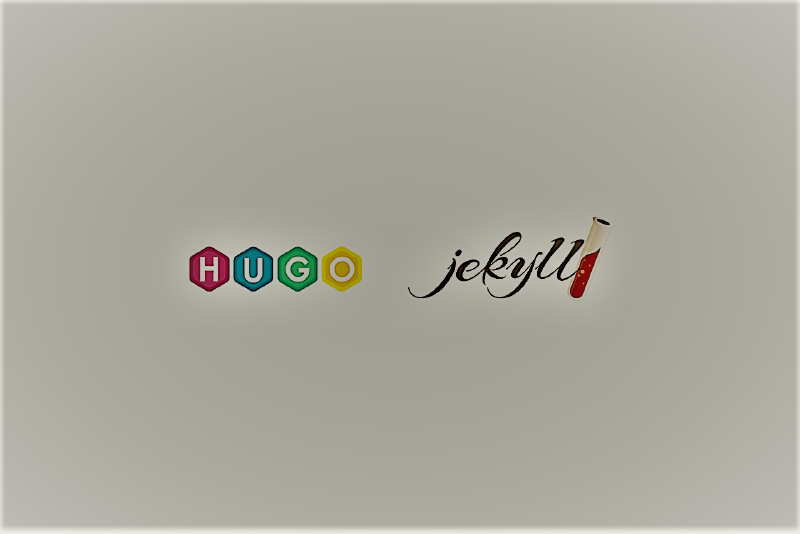Introduction
Websites built with Static Site Generator (SSG) are faster, more secure, and dev-friendly. They are also easier for SEO. It can be difficult to choose a suitable SSG because there are many. However, Hugo and Jekyll are the most popular choices among developers.
Let’s compare Hugo with Jekyll, shall we?
Comparison
Ease of Install
If you are a MacOS or Linux user, you can install Hugo with a single command. For instructions about how to install Hugo on other operating systems, follow the official installation guide.
Command for MacOS:
brew install hugoCommand for Linux (Ubuntu):
sudo apt install hugo
Installing Jekyll is not as straight forward as installing Hugo. However, there is an excellent installation guide to get started with Jekyll.
External Dependencies
Unlike many other static site generators, Hugo does not require any external dependencies to run. All you need is the Hugo binary.
Jekyll, on the other hand depends on Ruby. So, Ruby needs to be configured first in order to install Jekyll.
Speed
Hugo is currently the fastest static site generator in the market. It can generate thousands of webpages in just a few seconds. That saves a lot of time when your site starts growing in size.
Jekyll is at least 3 times slower than Hugo. That means Jekyll needs significantly more time than Hugo to build the same site.
Flexibility
Hugo is very flexible in terms of content structure. It can be used to build various types of websites. For example, Blog, Documentation, Portfolio, and many others.
On the other hand, Jekyll is primarily recognized for its built-in features that facilitate the creation of comprehensive blogs. Additional functionalities can be integrated through various third-party plugins.
Theme Availability
Hugo offers a wide range of themes that are straightforward to customize. This aspect of Hugo themes allows developers to modify layouts, styles, and functionalities without extensive coding.
Jekyll also has a rich selection of themes, particularly for blogs. However, the customization of themes can sometimes be more complex due to the reliance on Ruby and plugins.
Conclusion
Both Hugo and Jekyll present comparable features, making the decision between the two a challenging one. The choice is largely dependent on the specific needs and project requirements. As you may have noticed, I chose to build this website with Hugo. What are your thoughts on Hugo versus Jekyll? Which one would you prefer, and why? Share your opinions in the comments section below.
